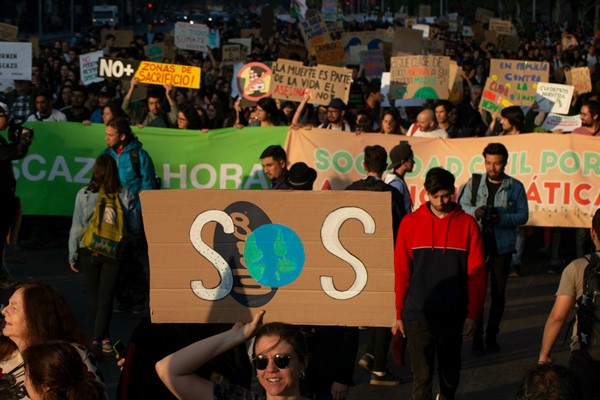After nearly a decade of effort, Latin America is on the verge of realizing its first regional environmental treaty. The Regional Agreement on Access to Information, Public Participation and Justice in Environmental Matters in Latin America and the Caribbean, better known as the Escazu Agreement, has 24 signatories, 10 of which have ratified it—just one less than is needed for it to enter into force. Curiously though, Chile, one of the countries that spearheaded negotiations over the pact, is missing from the list of signatories, an omission that calls into question its mostly positive record on addressing climate change.
Negotiations toward the Escazu Agreement began in 2012, during Chilean President Sebastian Pinera’s first term, and continued for six years, during which Michelle Bachelet served a second four-year term before Pinera was elected again, taking office in 2018. Throughout that time, Chile jointly led the talks with Costa Rica, with the support of the United Nations Economic Commission for Latin America and the Caribbean. They crafted one of the most forward-looking international agreements on environmental justice to date: a treaty that would improve access to public information on environmental issues, enhance protection for environmental activists and Indigenous peoples, and oblige participating states to consult their citizens before implementing projects that could potentially damage the environment.
The final text of the agreement was opened for signature in September 2018. Surprisingly, though, on the eve of the launch ceremony, Piera’s administration announced Chile’s withdrawal from the agreement, with little explanation of the dramatic policy shift.

